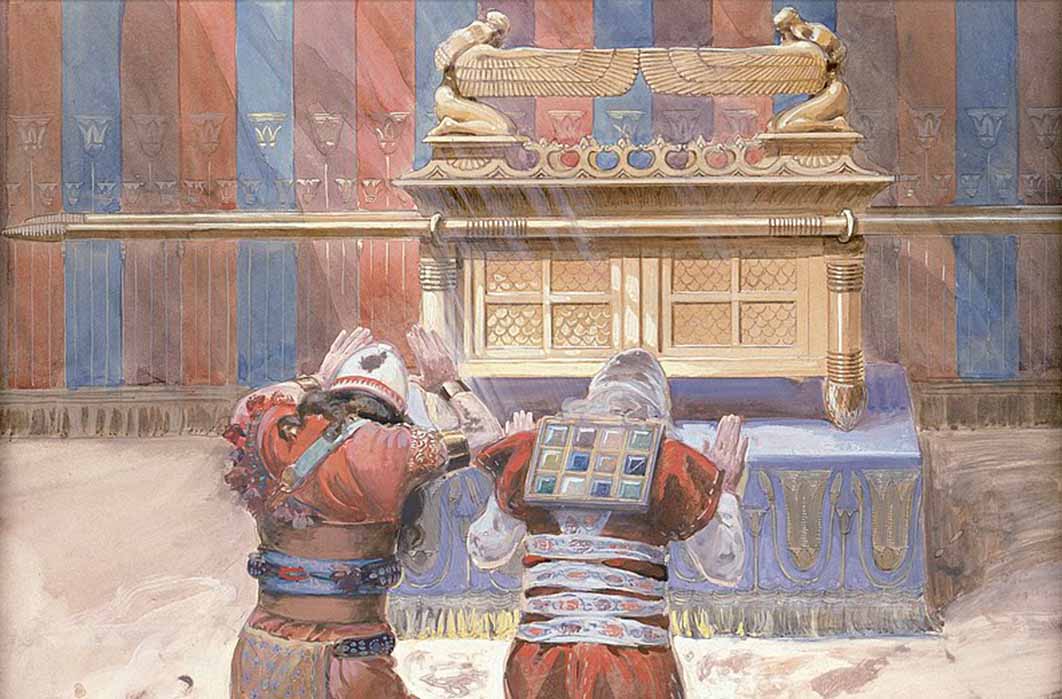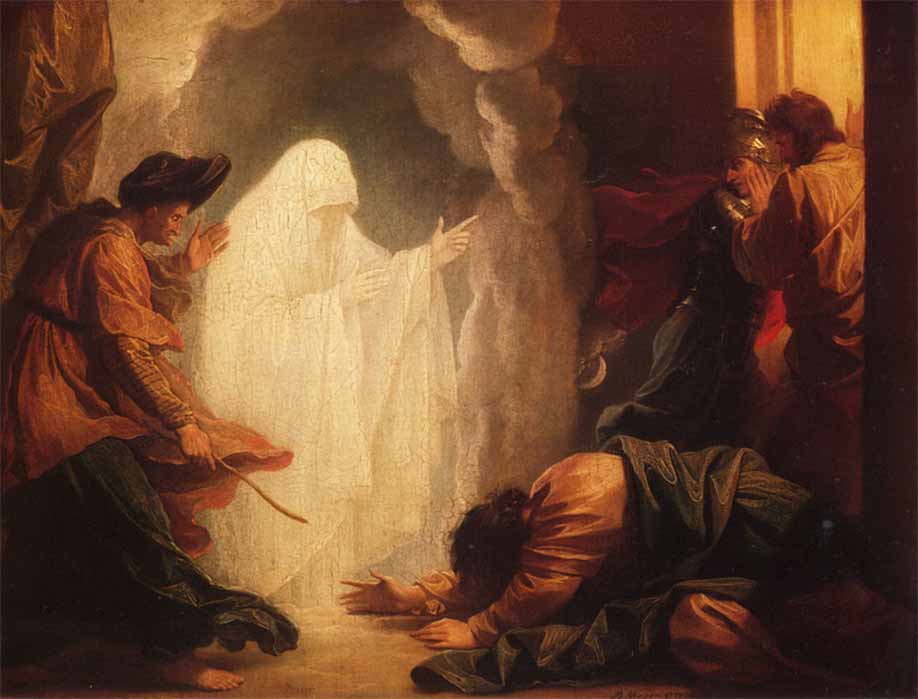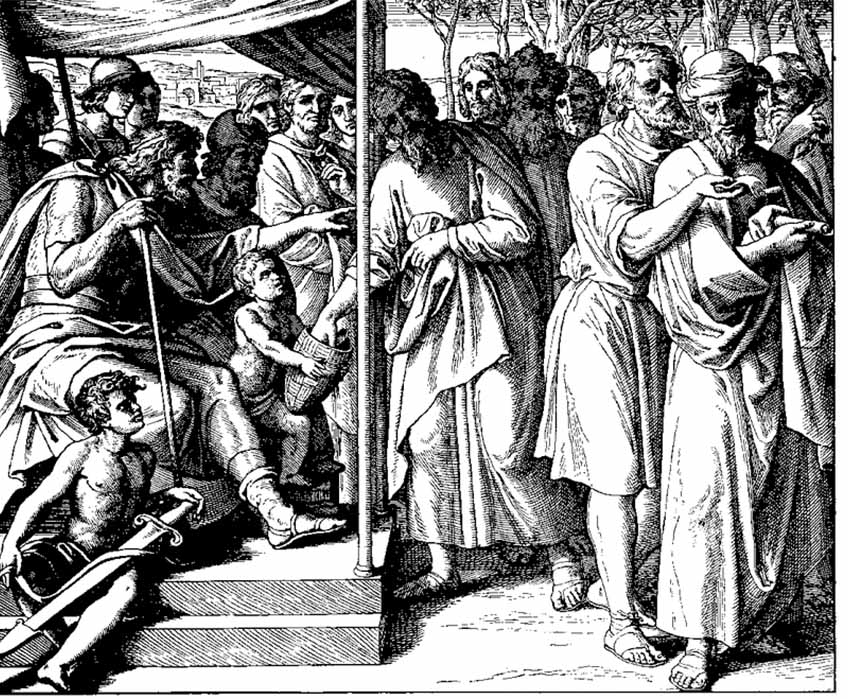
The Israelites’ Lost Urim And Tummim, Divine Divination Of Yahweh
The story of the settlement of the Israelite tribes in the Promised Land has long been the subject of controversy among scholars. Moreover, the narrative of the Book of Judges has been regarded as more realistic than that of the Book of Joshua, which has been described as idealized and simplified, since it continues the epic of the exit of the chosen people from Egypt, with frequent miraculous interventions of Yahweh on their behalf, and the events are polarized around the figure of Joshua, presented as a new Moses. In all likelihood, the occupation of the land of Canaan was the result of a long-lasting process, which took place in various ways and in various stages. The Israelite tribes settled there partly through military actions, partly through alliances with local populations. It is also likely that immigrant Israelite groups joined related tribes already settled in the Promised Land, which later adhered to the faith in the one god, while it is certainly to be ruled out that the 12-tribe system was formed before.

Aaron, yielding to the persuasion of the dissatisfied people, was persuaded to build a golden calf (Exodus 32:1-4); His robe was decorated with a pectoral cross with 12 precious stones. Providence Lithograph Company (Public Domain)
Sedentarization brought with it a substantial change in the way of life of the Israelite immigrants, which also had repercussions on the cultic level. They made local religious customs and conceptions their own, which soon undermined their faith in the god with whom they had made an alliance, of whom no material representations could be made. Syncretism and idolatry, worshipping other deities who could also be represented, meant betraying that alliance, which involved both promises and commands. The Old Testament shows how on the conduct of the chosen people, on their faithfulness or unfaithfulness to Yahweh, depended prosperity or adversity, victories or defeats. Failures to keep divine commandments resulted in tribulation and humiliation. Yahweh demanded to be served with absolute integrity and faithfulness.
Magical Arts were Taboo
Israelites were forbidden to practice magical arts, which were practiced by other peoples. Practicing them and consulting diviners and necromancers were forbidden. Those who did so deserved death (Exodus, 22:17; Leviticus, 20:27). In Deuteronomy (18:10) specifies a long list of prohibited magical practices. The Israelites were allowed to know the future only when Yahweh allowed it.
In this connection one can briefly recall the account of the necromancer of Endor contained in the First Book of Samuel (28:3). With Samuel having died, Saul, finding himself in difficulty - as the Philistines had gathered their army to fight against Israel - ordered his ministers to find him a necromancer and they replied that there was one in Endor. Saul, after disguising himself, traveled with two men and arrived at the woman's place at night. Saul asked her to practice divination through a spirit, whose name he gave her. Hearing his request, the necromancer replied that she knew that Saul had driven the necromancers and diviners out of the country and therefore feared a trap, but Saul swore to her in the name of the Lord that she would not be blamed for that matter. When Samuel's spirit was subsequently invoked and Saul told him why he had him summoned, the spirit rebuked him: “Why do you want to consult me, since the Lord has turned away from you and become your enemy?”

Saul and the Witch of Endor by Benjamin West (1777) (Public Domain)
Then Samuel's spirit informed Saul that God had taken the kingdom away from him and given it to David because he (Saul) did not listen to His voice and he communicated to Saul a terrible prophecy: “The Lord will put Israel with you into the hands of the Philistines. Tomorrow you and your sons will be with me; the Lord will also deliver the hosts of Israel to the Philistines”. Saul had resorted to the necromancer because the lawful means of knowing the divine will had failed, because he had lost Yahweh's favor. Saul already knew that the Lord had forsaken him; in fact, he had already consulted Yahweh's will by other means, but he had received no answer, “neither through dreams, nor through the Urim, nor through the prophets”.





